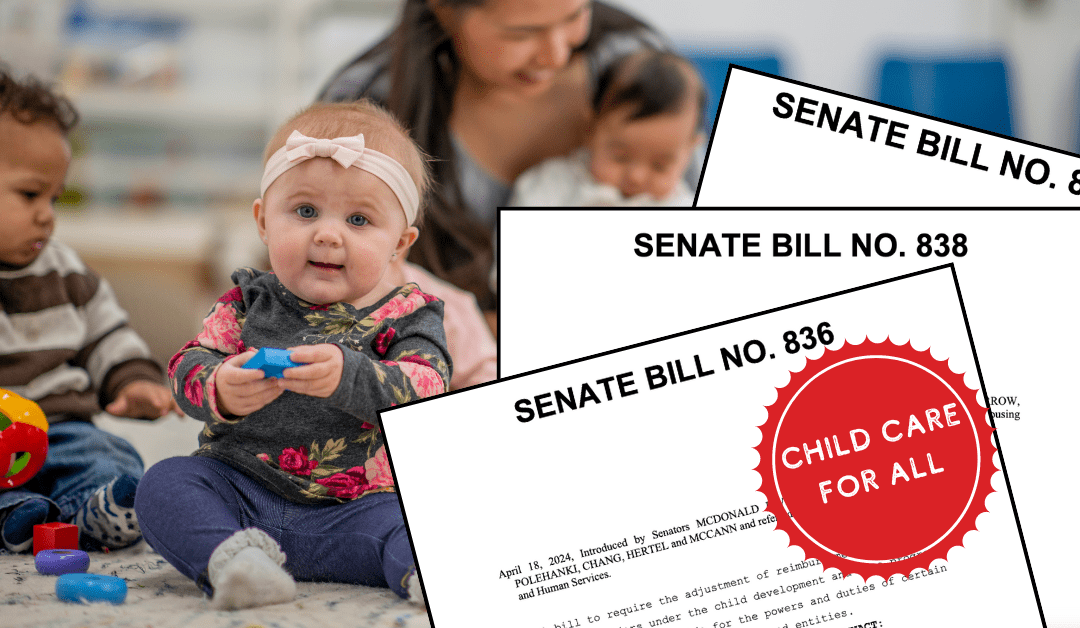
Abortion legality is still up to the states, but contraceptives, abortion pills, and privacy will be expanded and protected as part of this new plan.
MICHIGAN—Today President Joe Biden signed an executive order that puts a few protections in place for reproductive healthcare. It’s titled “Protecting Access to Reproductive Health Care Services.” Spoiler alert: It does not make abortion legal. Below, we break down what it does do.
Who decides if abortion is legal now? This is still up to individual states.
What does this executive order address? A handful of protections the federal government can help with, which are detailed further below.
According to University of Michigan legal expert Leah Litman, the order seems designed to protect patients who travel out of state for abortions. Lawmakers across the country, like those in Missouri, have been attempting to make this illegal.
30-Day Plan
The order largely focuses on the role of the Department of Health and Human Services (HHS), and requires a 30-day progress report back to Biden. The plan includes:
Abortion Medication: The order directs HHS to expand access to abortion medications that have been approved by the FDA. It’s not yet clear how HHS will handle this, since some states have included abortion medication in their abortion bans (Keep your eye on this case in Mississippi, which is challenging access to this medication.)
Emergency Medical Care: Someone who is pregnant or has lost a pregnancy will now have their right to emergency medical care protected by HHS.
Contraceptives: Access to emergency contraceptives, like Plan B, will be expanded along with family planning services. Under the Affordable Care Act, free preventative care – which includes birth control and contraceptive counseling – is guaranteed. While today’s order directs HHS to protect and expand this access, there were no specific instructions on how the direction will be carried out.
Legal Protection: The Attorney General and White House Counsel will build a coalition of lawyers encouraged to represent abortion patients, providers, or third parties who lawfully seek or offer reproductive healthcare services. This is important, because even pre-Roe, some states, like Texas, were charging women with murder for having an abortion. However, there’s no word on how these legal protections will extend to pregnant people in states where abortion is currently illegal.
Information and Privacy: Today’s order was perhaps most comprehensive regarding privacy. In it, Biden directed the Federal Trade Commission to protect consumers who seek abortion information, and to try to curb deceptive information about abortion from being released.
Biden also asks HHS to use the Health Insurance Portability and Accountability Act (HIPAA) to help protect a patient’s sensitive medical information regarding reproductive health care. This may extend to period tracking apps, which have been the subject of concern regarding data sharing since the Supreme Court reversed Roe v. Wade.
What’s the Immediate Impact of This?
In all, much of this executive order amounts to the president asking other federal agencies to expand or protect what they are in charge of, but that doesn’t mean it’s irrelevant. Many federal agencies, including HHS and the FDA, have condemned Roe’s overturn and seem intent on using their power to protect abortion access. This order clarifies their roles.
“There is no magic bullet,” said HHS Secretary Xavier Becerra, a few days after the overturn. “But if there is something we can do, we will find it and we will do it at HHS.”
Four days after the Roe decision, Becerra unveiled the department’s five-step plan. Biden’s order directly references and builds upon this plan.
The Department of Justice also condemned the Supreme Court decision, and said they will work with other departments, like the FDA, to protect abortion access.
Could Biden Do Anything Else?
Short answer, yes.
According to Slate, there are a few things Biden could do.
- He could remove the remaining restrictions on abortion medication. According to the Guttmacher Institute, 32 states (including Michigan) require clinicians who administer this medication to be physicians, two prohibit the use of the medication starting at a specific point in a pregnancy and 19 require a clinician to be physically present when the medication is administered. This restricts the use of telemedicine.
- He could declare a public health emergency, which would open up more funds to be used for concrete action, including assisting patients who travel out of state and relaxing licensing requirements.
- Here’s a risky one. Some politicians, including Sen. Elizabeth Warren, have called on Biden to allow private abortion providers to lease federal land on which to set up abortion clinics. The White House has so far rejected this idea.
- He could protect the right to travel for an abortion.
Politics

SEIU workers ahead of NFL Draft: We are ‘the backbone of Detroit’
BY KEN COLEMAN, MICHIGAN ADVANCE MICHIGAN—A day ahead of the National Football League annual draft being held in Detroit, Service Employees...

Investigator says Trump, allies were uncharged co-conspirators in plot to overturn Michigan election
DETROIT—A state investigator testified Wednesday that he considers former President Donald Trump and his White House chief of staff to be uncharged...

Michigan Dems introduce ‘Child Care for All’ legislation to lower costs for families
Lawmakers say Michigan is facing a ‘child care crisis.’ But a series of bills introduced this month would help to make child care (much) more...
Local News

10 unique wedding venues in Michigan to suit every kind of couple
From a distillery in Detroit to a summer camp, we’ve rounded up some of Michigan’s most unique wedding venues. Of all the elements you need to...

US government agrees to $138.7M settlement over FBI’s botching of Larry Nassar assault allegations
DETROIT—The US Justice Department announced a $138.7 million settlement Tuesday with more than 100 people who accused the FBI of grossly mishandling...





